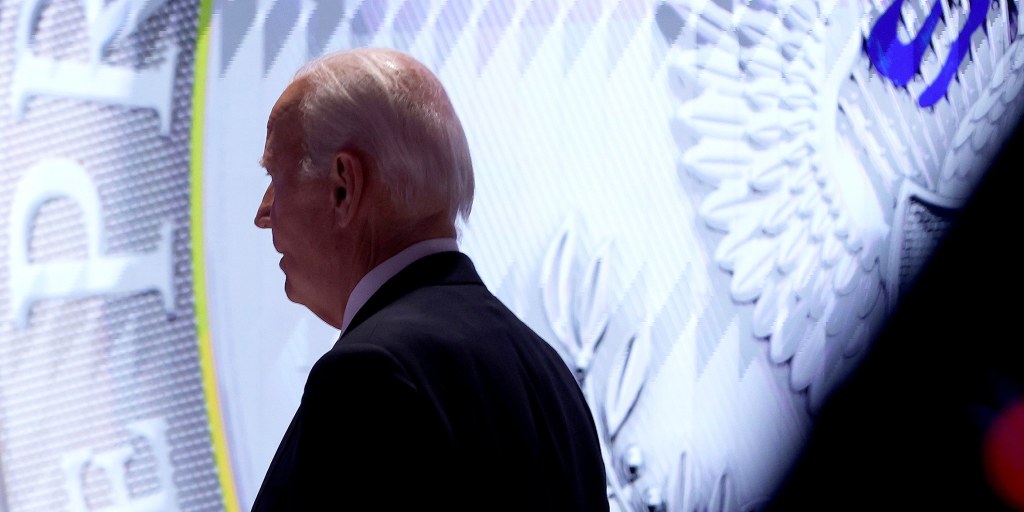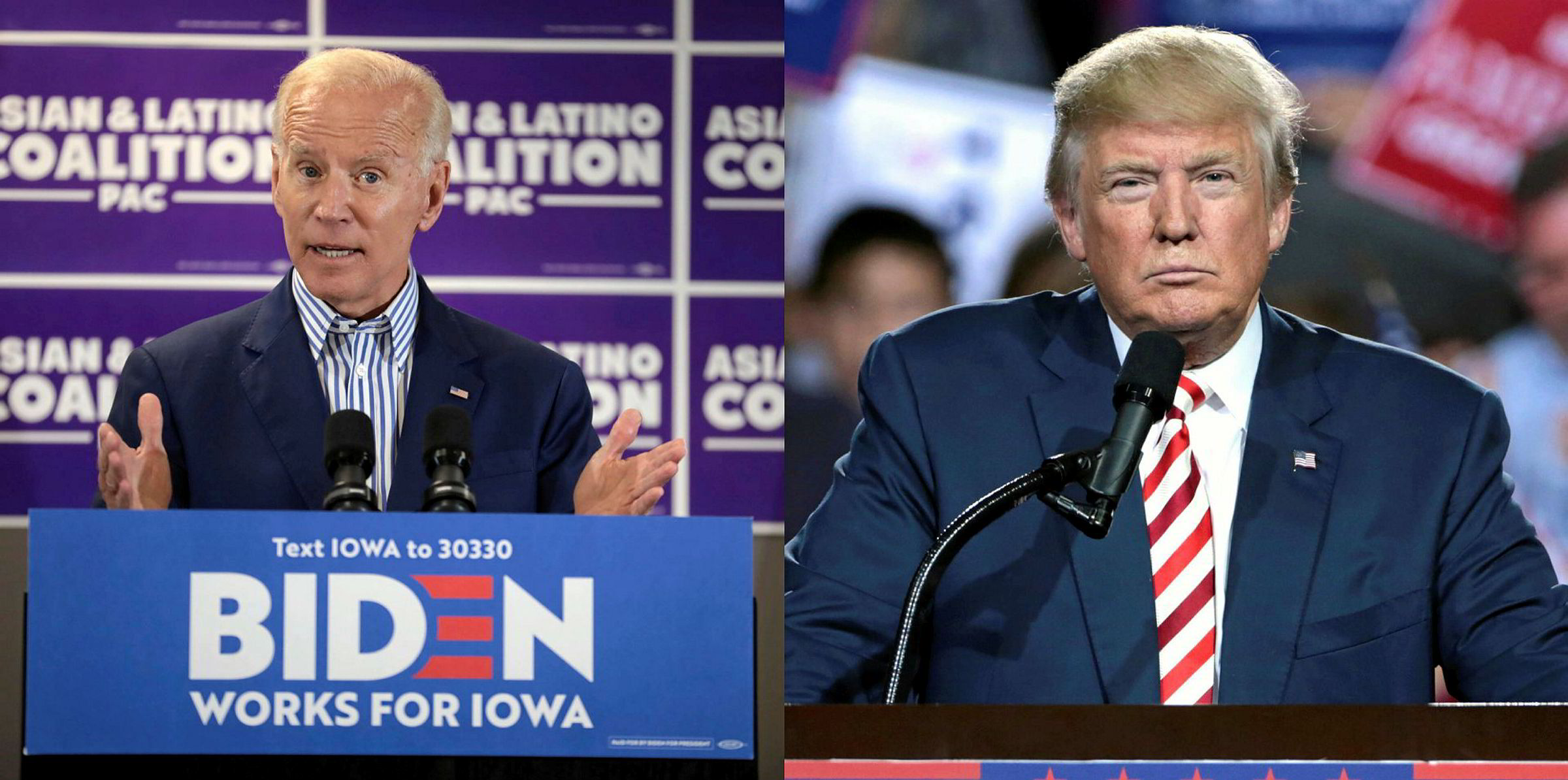After an intense debate with Republican Donald Trump, Democrats have strategies to replace Joe Biden at the head of their presidential ticket, but it would be difficult to do it without the support of their standard-bearer.
A Widely Disapproved Performance
After a widely disapproved performance on Thursday night solidified doubts about the president’s eligibility for a second term, party members who had previously come together behind Biden are now reviewing candidate credentials and studying election laws in preparation for a backup plan to present voters with an alternative choice.
Elaine Kamarck, a member of the Democratic National Committee and the author of a book on the presidential nominating process stated that “the easiest one is, Biden takes himself out of the race.” “Yes, there are guidelines and protocols in place, and the party would take his place.”
Although removing Biden from the ticket is a possibility, Kamarck noted that this move is even less likely given the absence of a clear contender to take his place.
Months of Democratic concern over Biden—who is currently the oldest US president in history at 81—and his chances of unseating Trump culminated in the debate. The president on Friday accepted the shortcomings of his debate performance but rejected suggestions to withdraw from the contest.
Assign Revolt
Democrats would have a monumental task if they were to force Biden out if he didn’t resign.
Obtaining 600 delegate signatures on a petition, no more than 50 from any one state, would be the first need for any opponent hoping to get their name put up for the Democratic convention candidature. In relation to the delegates, that is roughly 13%. However, it would be difficult to accomplish even if opponents could persuade Biden supporters to switch their allegiance, as Biden holds 99% of the pledged delegates.
Josh Putnam, of FHQ Strategies, a nonpartisan consulting business that specialises in delegate selection procedures, stated that while the odds are not insurmountable, they are exceedingly high for any scenario involving a delegate revolt.
Putnam described the delegates as “more often than not pretty fervent Biden supporters.”
Although the Biden team has verified the commitment of his convention delegates, they are still free to decide otherwise. Democratic rules provide that pledged delegates “shall in all good conscience reflect the sentiments of those who elected them,” in contrast to Republican delegates, who are frequently legally required to vote for a specific candidate.
Even so, most politicians wouldn’t take such a risk unless they were certain of success. Those who can’t remove the sitting president from the ticket run the risk of becoming party outcasts.
According to Kamarck, “Not many people could pull this off.”
Unrestricted Convention
Changing the ticket would result in a convention free-for-all that hasn’t been seen in decades, regardless of whether Biden agrees to attend voluntarily or is forced out.
No candidate enters the roll-call vote with enough delegates to secure the nomination in an “open” or “brokered” convention. There could be as many rounds of voting as necessary to choose a winner.
Additionally, a convention of this kind would highlight so-called “super-delegates.” The party has recently taken away some of the powers from those delegates, who are leaders and elected officials who are invited to the convention based on their status because they were seen to have an undemocratic impact on the proceedings. But the more than 700 automatic delegates could influence the convention if a candidature advances to a second round.
The party’s ability to alter its guidelines at any point prior to the nomination, thus lowering or raising the bar for a Biden rival, is another unpredictable factor.
Vice President Kamala Harris is the most apparent heir apparent, although Democrats are not required to select Biden’s running companion. Governors Gavin Newsom of California, JB Pritzker of Illinois, and Gretchen Whitmer of Michigan are a few of the most talked-about options; all three insist they still back Biden.
The DNC has mentioned the prospect of doing a virtual roll call prior to August 7 in order to fulfill early voting deadlines, even though the nomination vote was originally set for August 21.
Follow Us:
Youtube | Google News |
Igniteds is on YouTube; click here to subscribe for the latest videos and updates.




























